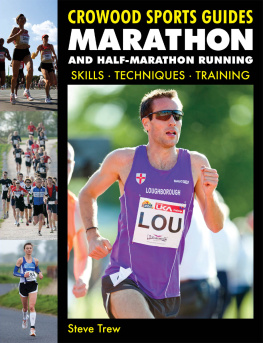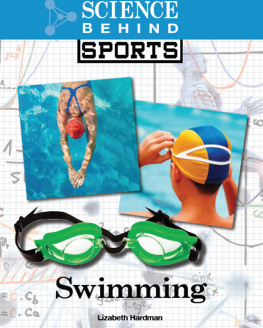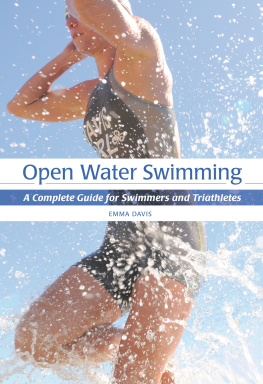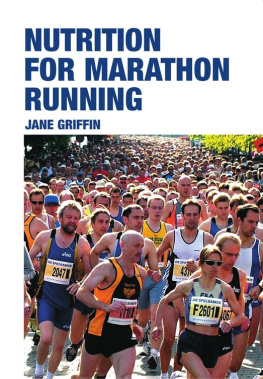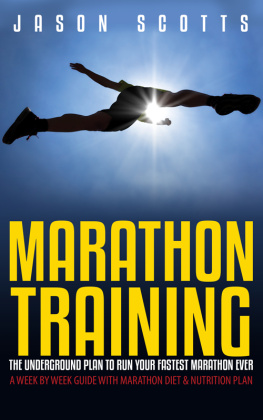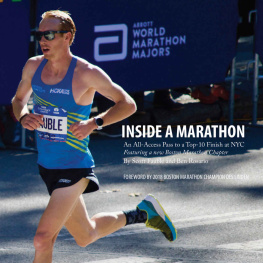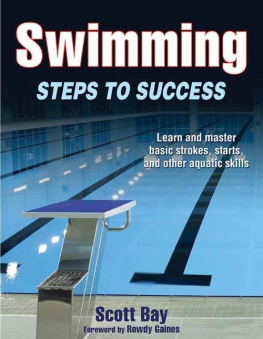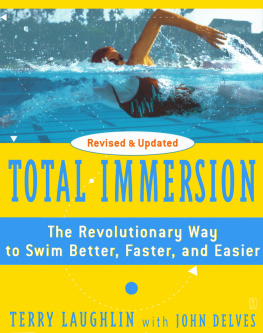
New
Ethnographies
Series editor
Alexander Thomas T. Smith
Already published
The British in rural France:
Lifestyle migration and the ongoing quest for a better way of life Michaela Benson
Ageing selves and everyday life in the North of England:
Years in the making Catherine Degnen
Chagos islanders in Mauritius and the UK:
Forced displacement and onward migration Laura Jeffery
South Korean civil movement organisations:
Hope, crisis and pragmatism in democratic transition Amy Levine
Integration, locality and everyday life:
After asylum Mark Maguire and Fiona Murphy
An ethnography of English football fans:
Cans, cops and carnivals Geoff Pearson
Loud and proud:
Passion and politics in the English Defence League Hilary Pilkington
Literature and agency in English fiction reading:
A study of the Henry Williamson Society Adam Reed
International seafarers and the possibilities for transnationalism in the twenty-first century Helen Sampson
Devolution and the Scottish Conservatives:
Banal activism, electioneering and the politics of irrelevance Alexander Smith
Performing Englishness:
Identity and politics in a contemporary folk resurgence Trish Winter and Simon Keegan-Phipps
Immersion
Marathon swimming, embodiment and identity
Karen Throsby
Manchester University Press
Copyright Karen Throsby 2016
The right of Karen Throsby to be identified as the author of this work has been asserted by her in accordance with the Copyright, Designs and Patents Act 1988.
Published by Manchester University Press
Altrincham Street, Manchester M1 7JA
www.manchesteruniversitypress.co.uk
British Library Cataloguing-in-Publication Data
A catalogue record for this book is available from the British Library
Library of Congress Cataloging-in-Publication Data applied for
ISBN 978 0 7190 9962 5 hardback
First published 2016
The publisher has no responsibility for the persistence or accuracy of URLs for any external or third-party internet websites referred to in this book, and does not guarantee that any content on such websites is, or will remain, accurate or appropriate.
Typeset in Minion with Futura display
by Out of House Publishing
In loving memory of Harry Cornforth, who taught me to love the water.
Contents
Both a monograph and a solo marathon swim are credited to individuals but are collectively achieved, and in both domains I am indebted to many.
The book includes material from three publications and I am grateful for the permission to reproduce these publications in revised form here. ). You cant be too vain to gain if you want to swim the Channel: marathon swimming and the construction of heroic fatness. International Review for the Sociology of Sport, published online 5 July 2013, DOI: 10.1177/1012690213494080. I was also very fortunate to receive a grant from the Economic and Social Research Council to pursue this research (RES-000-22-4055).
The fieldwork relied upon the sustained goodwill of countless people who shared their time, hospitality, knowledge and experience with me. In particular, I am grateful to Nick Adams, Donal Buckley, Ned Denison, Suzie Dods, Bryan Finlay, Simon Griffiths, Sally Minty-Gravett, Janet Harris, Elaine Howley, Mark Howley, Evan Morrison, Simon Murie, Jen Schumacher and Freda Streeter, who variously facilitated access to research sites and participants, helped me to locate materials and commented on draft chapters, but there are many more without whom the research would have been impossible. I also received swimming support throughout the research period and since from more people than I can name, but I particularly appreciate the support from the beach crew in Dover, the team at Swimtrek, the Jersey Long Distance Swimming Association, the Catalina Channel Swimming Association, the Channel Swimming and Piloting Federation, Chillswim, the Sandycove Island swimmers, NYC Swim, David Barra, Patti Bauernfeind, Emma Brunning, Rondi Davies, Denise Devereaux, Dan Earthquake, Julie Farrell, Paul Foreman, Cliff Golding, Charlie Gravett, Chantelle le Guilcher, Janet Harris, Colin Hill, Neil Morton, Ranie Pearce, Jeff Robbins, Ian Smith, Scott Stefan, Sam Vincent and Penny Wilkins. I am very grateful for the many hours of coaching, safety cover and crewing that have made my swimming possible.
I have enjoyed the support of colleagues at both the Department of Sociology at the University of Warwick, and the School of Sociology and Social Policy at the University of Leeds, who asked thought-provoking questions, provided moral support when my confidence in the project waned, helped me to carve out the time to finish this book and put up with my occasional absences in search of swimming adventures. Maddie Breeze, Nickie Charles, Rachel Cohen, Bethan Evans, Sarah Hodges, Ruth Holliday, Anne Kerr, Adrian Mackenzie, Louise Mansfield, Maureen McNeil, Celia Roberts, Belinda Wheaton and many others have helped me to think critically about marathon swimming in the course of our collaborations and conversations, reading drafts, listening to endless swimming talk and cheering me on to the finish. I was also invited to present my research at conferences and seminars throughout the country, giving me the chance to further hone my ideas and create new connections. These opportunities are too many to list, but each one was a privilege, and a great help in keeping the book project moving forwards. The team at Manchester University Press have also provided invaluable support, and I am very grateful for their enthusiasm for the project and their expertise in bringing it to fruition.
And finally, to Peter, for all these things and more, thank you.
At its best, ethnography has provided a valuable tool for apprehending a world in flux. A couple of years after the Second World War, Max Gluckman founded the Department of Social Anthropology at the University of Manchester. In the years that followed, he and his colleagues built a programme of ethnographic research that drew eclectically on the work of leading anthropologists, economists and sociologists to explore issues of conflict, reconciliation and social justice at home and abroad. Often placing emphasis on detailed analysis of case studies drawn from small-scale societies and organisations, the famous Manchester School in social anthropology built an enviable reputation for methodological innovation in its attempts to explore the pressing political questions of the second half of the twentieth century. Looking back, that era is often thought to constitute a gold standard for how ethnographers might grapple with new challenges and issues in the contemporary world.
The New Ethnographies series aims to build on that ethnographic legacy at Manchester. It will publish the best new ethnographic monographs that promote interdisciplinary debate and methodological innovation in the qualitative social sciences. This includes the growing number of books that seek to apprehend the new ethnographic objects of a seemingly brave new world, some recent examples of which have included auditing, democracy and elections, documents, financial markets, human rights, assisted reproductive technologies and political activism. Analysing such objects has often demanded new skills and techniques from the ethnographer. As a result, this series will give voice to those using ethnographic methods across disciplines to innovate, such as through the application of multi-sited fieldwork and the extended comparative case study method. Such innovations have often challenged more traditional ethnographic approaches.


